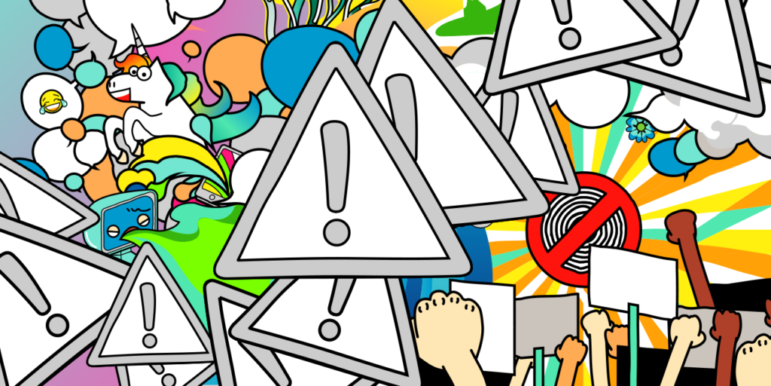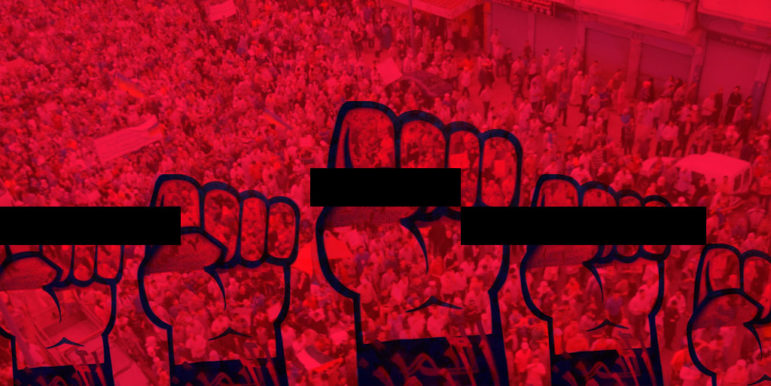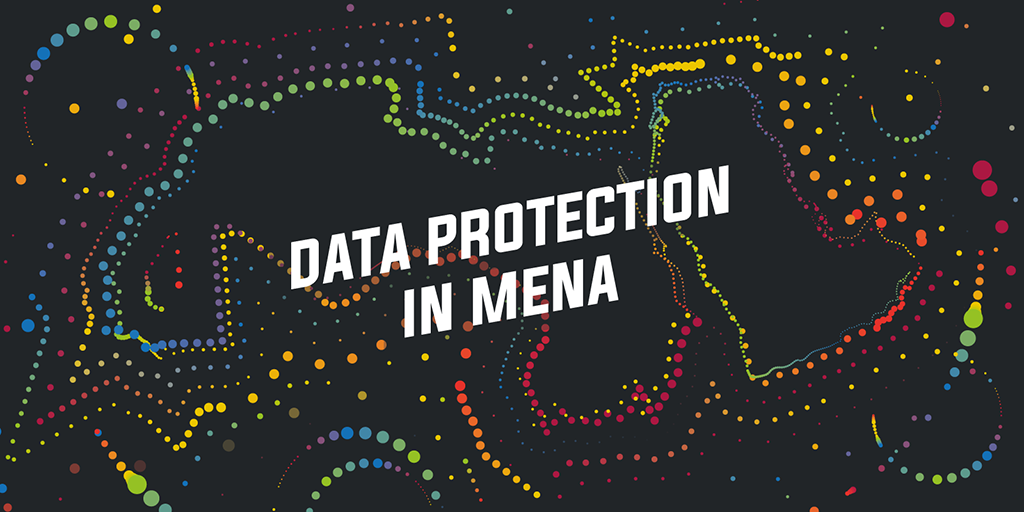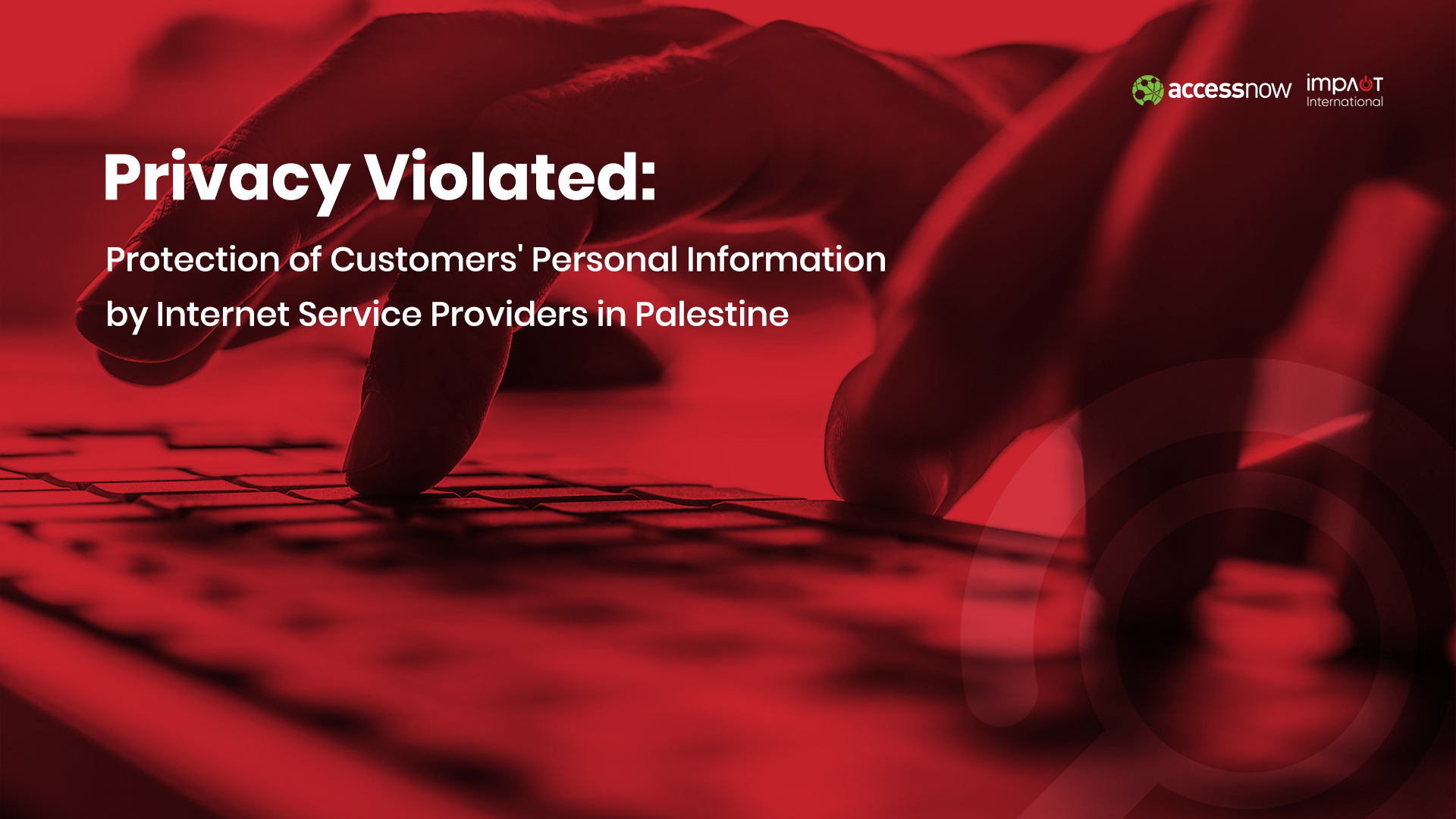
Israel’s digital occupation of Palestine
After more than 15 months of the deadliest and most destructive war on Gaza, Access Now continues to stand with the Palestinian people. Between October 2023 and January 2025, Israel’s relentless bombardment of Gaza killed more than 48,000 people and injured at least 110,000 more, many of whom remain buried under the rubble or in mass graves. While a fragile ceasefire has stirred hope, people displaced by Israel’s recent carnage are returning to decimated homes, hospitals, and schools, where they struggle to rebuild their lives.
We also express our solidarity with the people of Lebanon, who faced violence from Israeli airstrikes, targeted assassinations, and a ground invasion between October and November 2024, which killed more than 3,000 people and displaced another 1.2 million. And with the violence and atrocities continuing to escalate in the West Bank, we extend our solidarity to everyone in broader Palestine, and across the region, and the world who have been personally impacted by wars and conflicts and whose communities have been targeted with violence.
Attacks on digital rights in times of conflict and crisis, and the use of digital warfare, enable human rights abuses and exacerbate people’s suffering. The protection of free expression and access to information is a lifeline for people struggling to keep themselves and their communities out of harm’s way. Upholding the right to free association and peaceful assembly is vital for expressions of solidarity, and for creating a pathway to demand accountability from all warring parties. We continue to call for a permanent physical and digital ceasefire to prevent the worsening of the ongoing humanitarian catastrophe and further loss of innocent lives.
Civil society actions

Ceasefire in Gaza: it’s time to end digital harms and deliver justice
As physical violence appears to be coming to a halt after 15 months in Gaza, Access Now further calls for a digital ceasefire.

Know your customer: ICC arrest warrants for Israeli leaders put Big Tech on notice

International Court of Justice: Protect evidence in the Gaza war
We join organizations defending freedom of expression in supporting South Africa’s request to the ICJ to ensure unimpeded access to Gaza for fact-finding missions and journalists to assess and preserve evidence.

Global coalition of NGOs call for immediate ceasefire in Lebanon

Palestine unplugged: how Israel disrupts Gaza’s internet
This report illustrates the state of Gaza’s internet throughout October 2023 by looking at internet traffic by ISPs and locations.

Meta must take immediate action to stop the systematic censorship of Pro-Palestinian voices
The StopSilencingPalestine campaign sent a letter to Meta. However, the company’s response lacked concrete steps to address the detrimental effects of its policies on human rights, both online and offline.
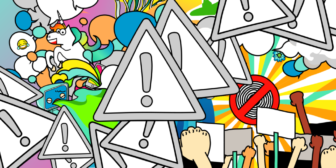
A step in the right direction: Meta Oversight Board’s opinion on the term “shaheed”
Access Now welcome the Oversight Board’s opinion urging Meta to end its blanket ban on the term “shaheed” when referring to individuals designated as dangerous.

A week in the dark: connectivity in Gaza must be restored now
For a week, Gaza has been under a complete internet and telecom blackout, the longest since October. The international community must act to #KeepItOn.

The Palestinian Authority must stop silencing Al Jazeera and end its attacks on press freedom
The Palestinian Authority must reverse its decision to block Al Jazeera websites and lift the suspension of its operations in the West Bank.

فلسطين خارج التغطية: كيف تقطع إسرائيل الإنترنت عن غزة
يقدّم هذا التقرير دراسة لحالة الإنترنت في قطاع غزة طوال شهر أكتوبر 2023 من خلال تحليلٍ حركة الإنترنت حسب مزوّدي خدمات الإنترنت في مختلف مواقع القطاع.

Meta is revisiting its hate speech policy on Zionism — here’s why it’s (still) a bad idea
Meta is (re)considering how to moderate content involving the term “Zionist.” Here’s why this hate speech policy is (still) a bad idea.
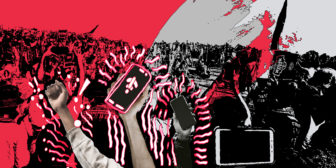
What the U.S. can and must do to reconnect Gaza
Gaza is suffering under its ninth recent telecommunications and internet shutdown. We outline how the U.S. can help reconnect Gaza.

A coalition of international organizations demands that Meta refrain from censoring criticism of Zionism on its platforms
Access Now joins over 70 civil society organizations in urging Meta to abstain from censoring criticism of Zionism on its platforms.
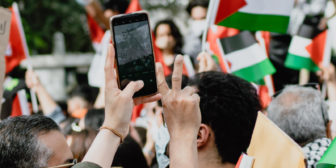
#StopSilencingPalestine: Meta must overhaul its biased content moderation
Access Now and the #StopSilencingPalestine campaign are again calling Meta to end its long history of censoring Palestinian voices.

U.S. Senator joins civil society’s call: #StopSilencingPalestine
U.S. Senator joins civil society’s call to #StopSilencingPalestine. Meta’s censorship of Palestine-related content must end now.
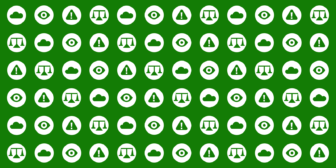
Hey Google: we need to learn more about your role in the war on Gaza
Amid revelations of AI use by the Israeli army in Gaza, Access Now urges Google for transparency through an open letter to Sundar Pichai, CEO of Alphabet Inc.
Guides

Staying safe online in the context of conflict in Gaza
This digital resilience tipsheet compiled by Access Now and SMEX is designed to support you in defending against reported threats.

Tech and conflict: a guide for responsible business conduct
This guide is meant to help tech companies think through the impacts of their decisions in the context of conflict.
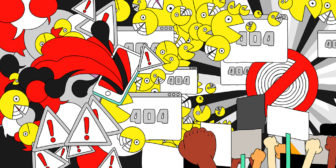
Content governance in times of crisis: how platforms can protect human rights
The “Declaration for content and platform governance principles in times of crisis” lays out principles for social media platforms to help ensure privacy, freedom of expression, and access to information during crises.
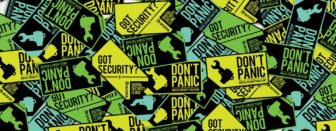
DIGITAL SECURITY HELPLINE
Our Helpline provides 24/7 free of charge technical support for journalists, activists, and human rights defenders
Additional resources

Artificial Intelligence
Big Tech and the risk of genocide in Gaza: what are companies doing?
Big Tech is playing a central role in enabling the relentless mass slaughter and destruction unleashed in the war in Gaza.

Artificial Intelligence
Toward a digital ceasefire
The ascent of cyber warfare is weaponizing our digital world; it’s time to embrace the concept of “digital ceasefire.”

Artificial Intelligence
Artificial Genocidal Intelligence: how Israel is automating human rights abuses and war crimes
Israel’s war on Gaza has revealed how mundane, unsophisticated AI surveillance systems are being used to unleash the most dystopian, tech-driven horrors on Palestinians.

Content Governance
It’s not a glitch: how Meta systematically censors Palestinian voices
This Access Now report documented cases of how Meta censors Palestinian voices on Facebook and Instagram.
FAQS
What does Palestine’s online space look like?
Historically, online spaces have been more restricted and difficult to access in Palestine than in other countries. This is largely due to interference with available technology, online censorship, and surveillance, including:
- Israel’s long-standing ban on technology upgrades means that people can only access slow, unreliable 2G service in Gaza and 3G in the West Bank.
- Unequal content moderation practices, including by Meta, that disproportionately suppress Palestinian and Arabic-language content, leading to civil society calls to #StopSilencingPalestine.
- Pervasive online surveillance including the use of biometric surveillance technologies and the targeting of Palestinian human rights defenders’ mobile devices with notorious Pegasus spyware, making digital communication unsafe for members of civil society and Palestinians at large.
- Previous military offensives in Gaza, where vital civilian internet infrastructure was repeatedly targeted, leading to near-complete internet blackouts.
Since the Israeli siege on Gaza escalated, access to internet and telecommunications services have been severely limited. This is a result of attacks on civilian infrastructure, fuel depletion, and deliberate shutdowns by Israeli authorities, including:
- Al–Watan Tower, a building that houses media offices and serves as a hub for internet service providers has been targeted by Israeli airstrikes.
- The offices of two other ISPs, Paltel and Jawwal, were also destroyed by Israeli airstrikes in Gaza.
- Based on our analysis of available data, as of October 31, 15 of the 19 providers operating in Gaza were facing a complete shutdown of their mobile and broadband services, and the internet traffic across Gaza had decreased by over 80%.
- As of November 20, there had been four full communication blackouts in Gaza: on October 27-29, November 1, November 5, and on November 16 as Paltel announced the shutdown of their services in Gaza due to fuel depletion.
How have internet shutdowns been weaponized in this war?
In 2023 alone, people in Gaza have endured 16 internet shutdowns; a form of digital occupation used to silence millions of people trapped and struggling to survive in Gaza, and to further isolate them from the outside world. Digital blackouts, fuel shortages and attacks on telecom infrastructure have severely crippled essential services, deepening the humanitarian crisis. Rebuilding Gaza’s decimated internet infrastructure should be at the center of post-war reconstructions.
Since the Israeli attacks on Gaza escalated, access to internet and telecommunications services have been severely limited due to attacks on civilian infrastructure, fuel depletion, and deliberate shutdowns by Israeli authorities. Israeli airstrikes targeted key telecom sites, includingAl–Watan Tower, a building that houses media offices and serves as a hub for internet service providers, and . the offices of two other ISPs, Paltel and Jawwal. Of Gaza’s 19 ISP, 15 experienced total service shutdowns in 2023, while the remaining four faced severe disruptions. Tragically, two Jawwal technicians were killed by an Israeli missile while attempting to restore connectivity in Khan Younis.
How are social media and tech platforms contributing to the silencing of Palestinian voices?
For years, Palestinian voices have been systematically silenced online. Since October 7, 2023, social media platforms including Meta have disproportionately removed Palestinian and pro-Palestinian content, erasing the narratives of those directly impacted by the war, as well as expressions of support for their plight. Tech companies such as Google and Amazon have yet to clarify whether they are facilitating Israel’s military operations in Gaza, and there have been widespread concerns raised about the use of AI systems for automated targeting in Gaza.
What types of technologies have been deployed during the war on Gaza, and how have they impacted civilians?
Media reports highlight the use of AI systems by the Israeli military for automated targeting, including tools like “Lavender,” “The Gospel,” and “Where’s Daddy?” which monitor individuals in real-time and help generate targets for strikes. These technologies have raised concerns about their role in civilian casualties and the broader ethical implications of using AI in warfare.
What can the international community do to defend digital rights for people impacted by this conflict?
Civil society has issued 25 recommendations for parties to the conflict, international organizations, global leaders, private sector actors, and other international stakeholders in support of an immediate physical and digital ceasefire. Individuals can support by holding their home governments accountable for responding to these calls to action, speaking out in support of a permanent ceasefire, seeking out trustworthy news sources, and amplifying the voices of Palestinians who are being silenced online.
Latest updates

Digital violence in MENA : impunity and internet shutdowns in 2024
Access Now and the #KeepItOn coalition’s new report reveals that 41 shutdowns were imposed in 17 countries across the MENA region in 2024.

Lives on hold: internet shutdowns in 2024
The 2024 #KeepItOn report on internet shutdowns is out. Read on for key insights from this year’s data.

Emboldened offenders, endangered communities: internet shutdowns in 2024
Access Now and the #KeepItOn coalition documented 296 internet shutdowns in 2024 — the highest number since 2016.

Poised to take over TikTok, Oracle is accused of clamping down on Pro-Palestine dissent

Ceasefire in Gaza: it’s time to end digital harms and deliver justice
As physical violence appears to be coming to a halt after 15 months in Gaza, Access Now further calls for a digital ceasefire.
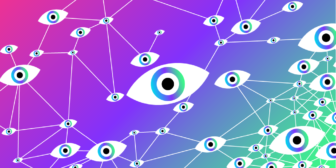
Anti-genocide activists target Israeli drone manufacturer in Brooklyn

Access Now: İsrail’in Filistin’e yönelik dijital işgaline karşı mücadele

Toward a digital ceasefire
The ascent of cyber warfare is weaponizing our digital world; it’s time to embrace the concept of “digital ceasefire.”

Statement on the targeting and killing of journalists in Palestine and Lebanon
We stand in solidarity with the Palestinian and Lebanese journalists bravely reporting amid life-threatening risks.

Meta’s Israel Policy Chief tried to suppress pro-Palestinian Instagram posts

Big Tech and the risk of genocide in Gaza: what are companies doing?
Big Tech is playing a central role in enabling the relentless mass slaughter and destruction unleashed in the war in Gaza.


